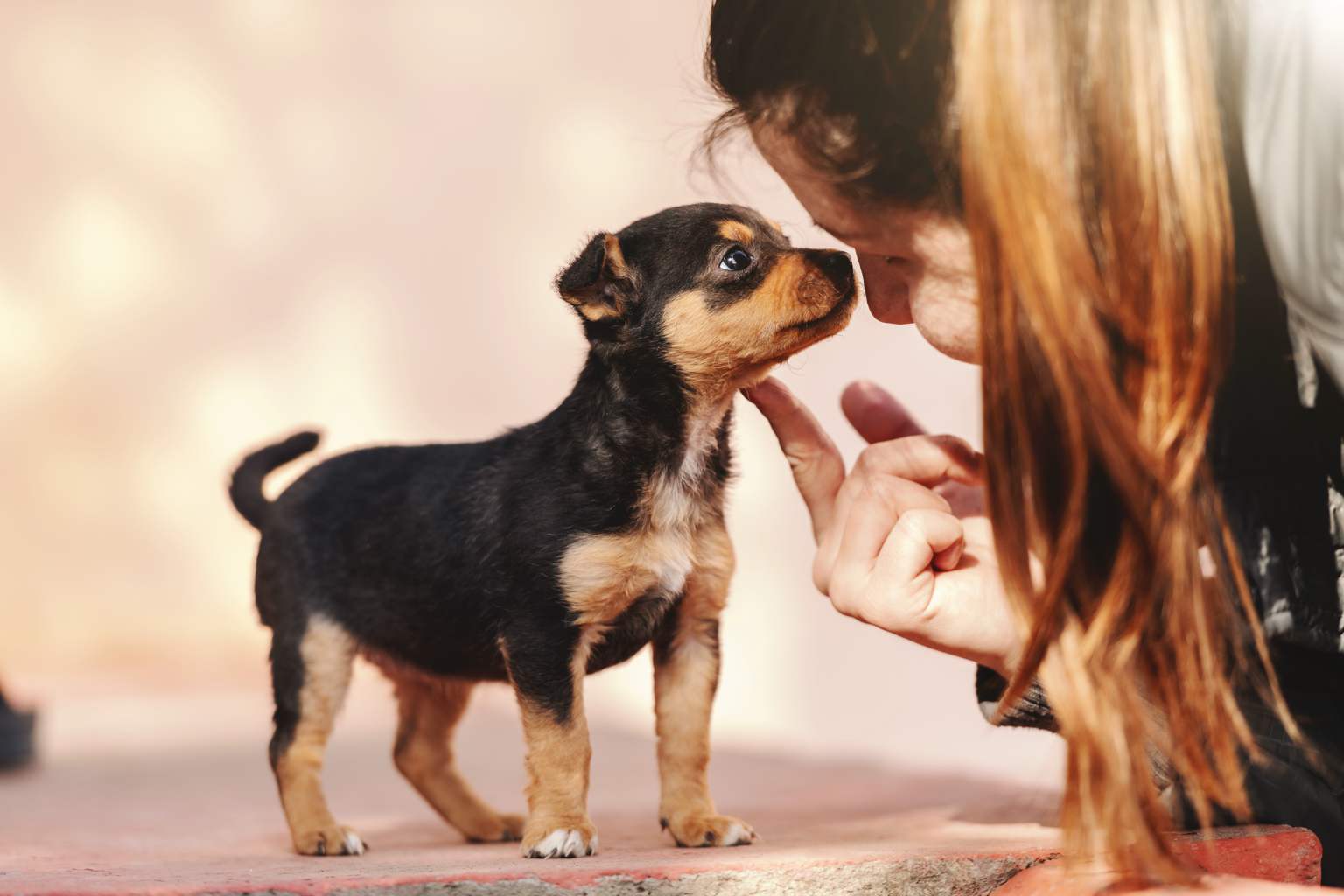After a long, hectic day, many of us find ourselves sharing our thoughts and feelings with our dogs. It might feel like chatting with a silent friend, but there’s fascinating science behind this habit. When you speak to your furry companion, your brain releases oxytocin, often called the “love hormone.” This chemical flood creates a sense of calm and reduces stress, helping you feel more connected and peaceful.
Unlike talking to humans who might judge or interrupt, dogs offer a unique kind of comfort. They listen silently, without criticism or advice, creating a safe emotional space. This lack of judgment makes it easier to open up and process your feelings, providing a kind of emotional release that can boost your mental well-being every day.
How dogs understand and react to your voice
Dogs might not grasp the meaning of each word, but they’re incredibly attuned to the tone and rhythm of your voice. The special way we often talk to dogs—using a higher-pitched, softer voice—inspires their attention and even lights up areas of their brains related to reward and attachment. This “dog-directed speech” is no accident; it fosters a close bond and encourages positive reactions.
When your dog hears your familiar voice, it stirs a stronger emotional response than a stranger’s. This daily verbal interaction not only solidifies your relationship but also acts as a powerful tool for positive reinforcement, making training and trust-building simpler and more enjoyable.
The health benefits of chatting with your dog
Speaking regularly to your dog doesn’t just strengthen your bond; it can significantly improve your health. Studies show that this interaction helps lower blood pressure and reduces daily stress levels. The combined power of animal companionship and verbal exchange plays a role in balancing your emotions and enhancing overall resilience.
Research from international teams highlights that the shared gaze and spoken words boost oxytocin release in both humans and dogs. This oxytocin surge deepens affection and trust, creating a virtuous cycle of love and emotional security for both species.
How dogs help us develop empathy and emotional expression
Talking to a dog offers more than stress relief; it nurtures emotional growth, especially for kids. When children talk to animals, they learn to recognize feelings in themselves and others, building empathy and respect. Adults benefit too, as conversations with dogs encourage greater openness about emotions, helping to combat feelings of loneliness and isolation.
Many dog owners confide in their pets things they wouldn’t dare share with anyone else. I’ve experienced this myself—sometimes, just voicing feelings out loud to my dog helps me process them better. Dogs become a kind of emotional refuge, offering a judgment-free zone where vulnerability is safe and healing.
Fostering a two-way dialogue with your pet
The magic of talking to your dog lies in its mutual benefits. Dogs feel more secure when they hear their owner’s voice and show less separation anxiety. Regular verbal communication builds trust and positive response, deepening the unique friendship you share.
Incorporating these chats into everyday moments—during walks, meal times, or play—enhances your connection. Pairing words with gentle touches or playtime creates a multi-layered relationship that supports both your dog’s emotional needs and your own wellbeing. Animal health experts recommend combining these conversations with positive training techniques to nurture a balanced, happy life for you and your pet.
Science confirms the power of talking to your dog
Scientists in neuroscience and animal psychology are now backing what dog lovers have long felt instinctively: talking to your dog is much more than a quirky habit. It’s an interaction rich with benefits, strengthening the bonds between humans and their four-legged friends.
Cultivating this daily dialogue offers meaningful improvements in mental and physical health. It nurtures a deep, reciprocal relationship that both you and your dog thrive on. So, next time you find yourself chatting away to your pooch, remember you’re building something truly special.
Do you talk to your dog? How has it affected your daily life? Share your stories and opinions—you never know who might find comfort or new inspiration in your experience!
